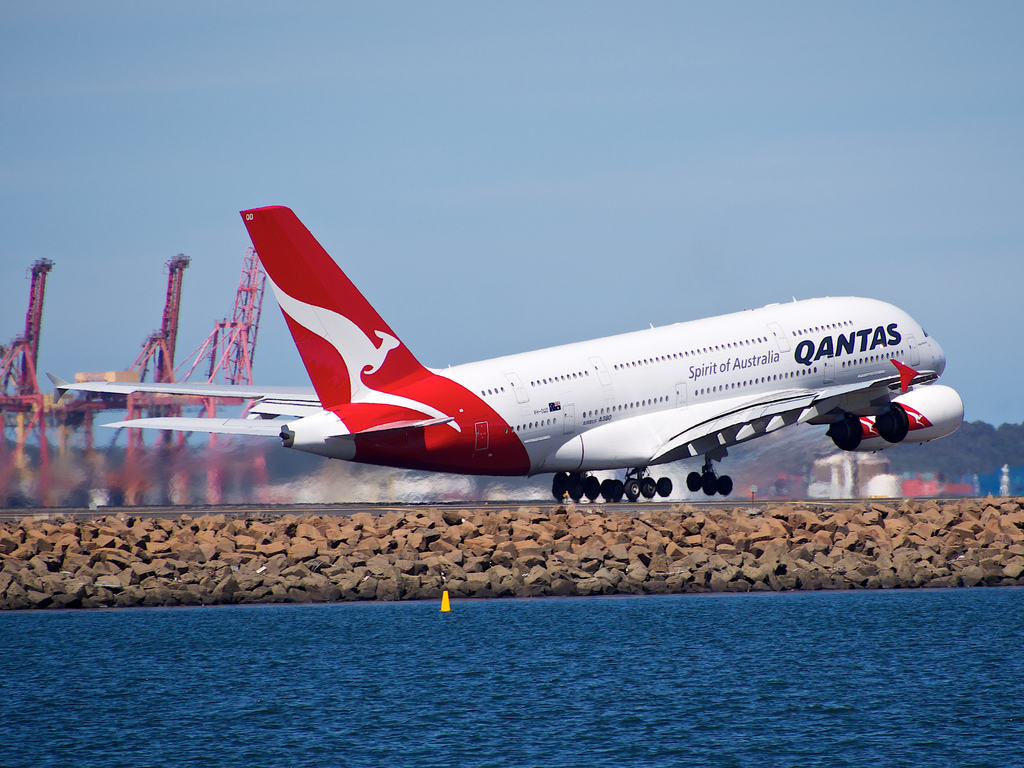In an ambitious effort to address water scarcity, the United Arab Emirates (UAE) has launched hundreds of cloud-seeding missions in 2024 and is now incorporating Artificial Intelligence (AI) to optimize these operations. The National Centre of Meteorology (NCM) in Abu Dhabi reported on Tuesday that AI is playing a crucial role in improving decision-making and enhancing rainfall through more precise and efficient cloud-seeding methods.
Omar Al Yazeedi, Deputy Director General of the NCM, explained that AI is transforming how cloud-seeding operations are conducted, allowing meteorologists to analyze real-time data on cloud formation and behavior. “The life span of clouds is very short,” said Al Yazeedi. “AI can help forecasters select optimal locations by identifying specific parameters, guiding operators on where to go and seed.” AI’s capability to process extensive weather data in real-time enables it to recommend ideal times and locations for cloud-seeding, increasing the chances of successful rainfall.
The UAE’s investment in advanced technology has yielded tangible results, with cloud-seeding operations contributing a 15% annual increase in rainfall. The efforts have produced a usable water supply of 84 to 419 million cubic meters, a significant addition to the approximately 6.7 billion cubic meters of rainfall the country receives each year. The cost per flight hour for cloud seeding averages around AED 29,000 (USD 8,000).
Part of the UAE’s cloud-seeding strategy includes the use of AI-equipped drones that release seeding materials with greater accuracy than traditional methods. Al Yazeedi noted, “AI helps identify the best locations for cloud seeding by enhancing operations, maximizing output from each cloud, and improving overall precision.”
The UAE’s cloud-seeding initiatives are gaining international attention as a potential model for countries facing similar water scarcity issues. Alya Al Mazroui, Director of the UAE Research Program for Rain Enhancement Science (UAEREP), emphasized the global significance of the UAE’s advancements. “As the programme approaches its tenth anniversary, we affirm our commitment to the UAE’s strategic objectives in water security, scientific research, and AI innovation,” Al Mazroui stated.
The programme actively supports research and innovation in rain enhancement, utilizing advanced technologies such as drones, nanotechnology, and laser technology. The UAE has also partnered with Mohamed bin Zayed University of Artificial Intelligence (MBZUI) to develop new AI-based approaches, including a project focused on identifying “cloud microphysical seedability,” or determining which clouds are most conducive to seeding.
As the UAE progresses toward fully autonomous cloud-seeding operations, experts point out that human pilots currently remain essential. “Pilotless seeding may be on the horizon, but human pilots are still needed to navigate aircraft and validate forecasters’ observations,” Al Yazeedi said. The relationship between pilots, forecasters, and operators remains critical, as the technology continues to develop.
The UAE conducts approximately 900 hours of cloud-seeding missions each year, with substantial investments directed toward research and technology. By collaborating with principal investigators, the program aims to translate research breakthroughs into scalable, commercial applications, positioning the UAE as a leader in water security innovation through AI and advanced cloud-seeding technologies.




